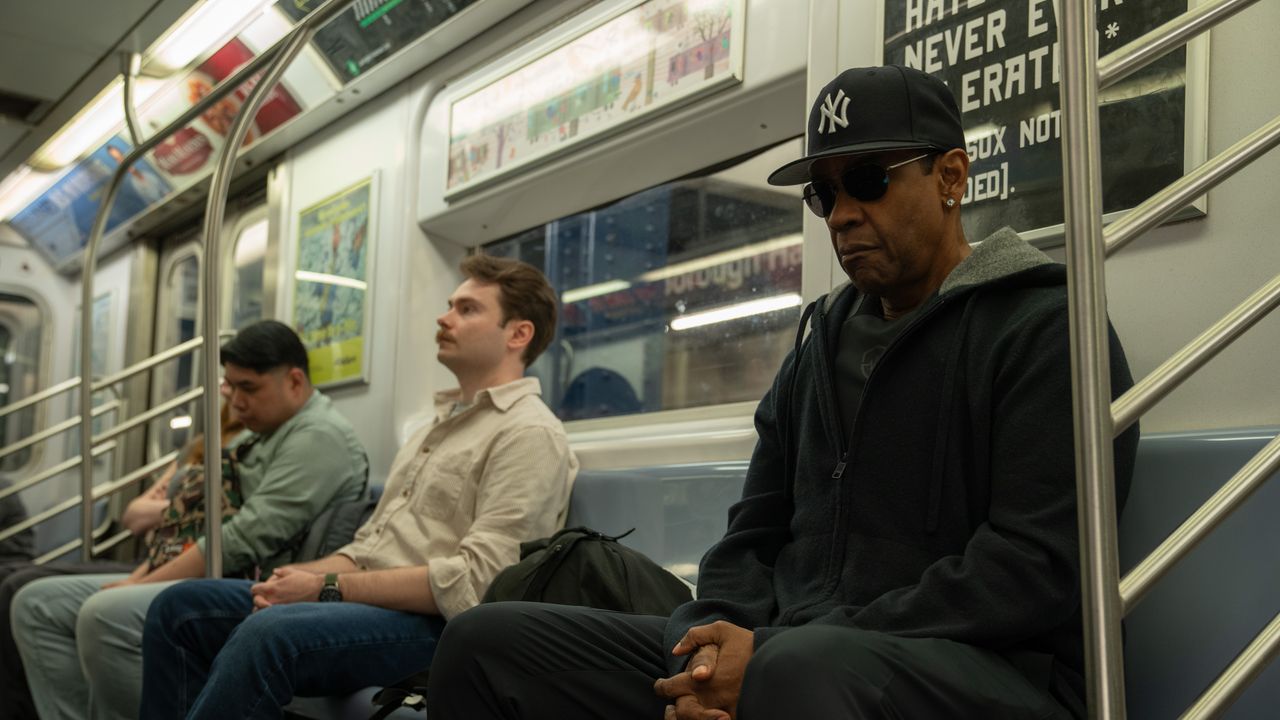Among the weirdest films to premiere at this year’s Cannes Film Festival is Spike Lee’s out-of-competition drama-thriller Highest 2 Lowest, the kind
Among the weirdest films to premiere at this year’s Cannes Film Festival is Spike Lee’s out-of-competition drama-thriller Highest 2 Lowest, the kind of idiosyncratic indulgence only a filmmaker of Lee’s stature is allowed. Lee’s film, a curious mash of tones and tempos, has such an odd cadence that it sometimes plays like it’s been translated from a mysterious foreign language. But this is indeed a homegrown film, even if it is adapted from a 1963 movie by Akira Kurosawa.
In the last decade of his career, Lee has seemed to shake off anything that could be considered industry pressure and turned back to the artistic impulses that first made him celebrated 40 years ago. His films have grown more assured in their strangeness, their offbeat approximation of the rhythms forever thumping in Lee’s head. Highest 2 Lowest is peak Lee, a determinedly New York film about money, influence, and generational divides in the business of making art. It’s half mess, half triumph, and thrilling even in its failures.
The film opens on gleaming, overly dazzling shots of the DUMBO neighborhood of Brooklyn (new-build highrises towering at the base of the Brooklyn Bridge), set to “Oh, What a Beautiful Mornin’” from Oklahoma!. Lee gives little indication of what sort of movie is about to come He seems merely excited to be running a camera again; to, for the zillionth time, be capturing his beloved hometown in all its teeming, infinite possibility.
That enthusiasm is infectious, so much that one is willing to forgive a lot of subsequent awkwardness. Denzel Washington, collaborating with Lee for the sixth time, plays David King, the gregarious, seemingly tireless impresario of a legendary music label who is living the good life in an eye-popping penthouse with his attractive wife, Pam (Ilfenesh Hadera), and handsome, precocious teenage son Trey (Aubrey Joseph). Not all is perfect, though. Times have changed for David’s business, as they have for Lee’s. While David enjoys grand-poobah status, he’s also facing the sale of his carefully built company, a relinquishing of power that will push him out the window with a golden parachute.
The threat of obsolescence creeps toward him, a feeling that Lee can no doubt relate to as he approaches 70 and turns to consider a film industry barely recognizable from the one he first stormed in the 1980s. Amidst the onslaught of streaming and smartphones and the internet, what remains constant is Lee’s commitment to the erratic ingenuity of art over the blunt pattern of commerce. Highest 2 Lowest, which was written by William Alan Fox but no doubt considerably reworked by Lee, is, among other things, an argument for a return to purest passion. Men like Lee and Washington may have found their riches in a system often hostile to them, but now it is time to throw away the trappings of the contemporary world and refocus on the soul of their endeavors.
It’s a nice message. If much of Highest 2 Lowest plays like older men shaking their fists at the youth culture of today—all swift and hustling and shallow—it does so in charming, rakish fashion. Highest 2 Lowest is not ranting at adolescent men to pull up their pants; instead, it’s just explaining how it felt to make and enjoy art at a time where doing so felt more risky. Faith is a part of that return to core values, perhaps an addition from the increasingly devout and proselytizing Washington.
There’s a kidnapping in Highest 2 Lowest, transforming the film from broad cultural survey to something approaching a thriller. Lee is casual in his approach to this suspense. He takes his time arriving at the incident and then, once it’s kicked into motion, has his characters react to it with a jarring offhandedness. Maudlin music scores many of these scenes, in which David weighs the paying of a steep ransom against his financial interest in buying back his company. There’s a clumsy, ersatz Almodóvarian quality to all this melodrama, broad and theatrical and brightly lit. This is the messy side of Highest 2 Lowest, in which it seems Lee has little grasp on the proportions of his film.
But he finds a lovely groove about halfway through, ramping up the action as he sends David tearing across a vividly articulated New York City to get his money back—and, in the process, rediscovering the purpose of his work. Howard Drossin’s music shifts from overindicating to wholly vital; Matthew Libatique’s saturated cinematography takes on recent depth. Washington seems invigorated by the tone shift, too. He’s especially electric in a pair of scenes with A$AP Rocky, who plays an aspiring rapper with a limber, coltish eagerness that’s a nice match for Washington’s elder-statesman frigid.

COMMENTS